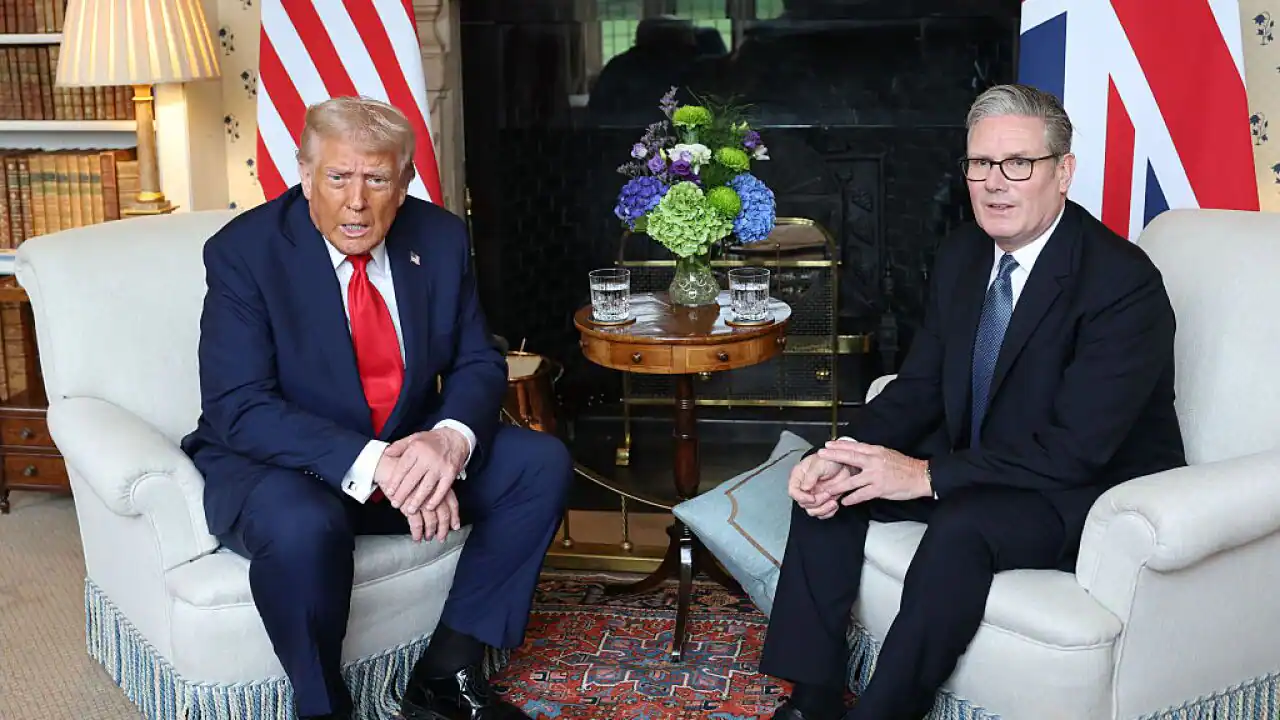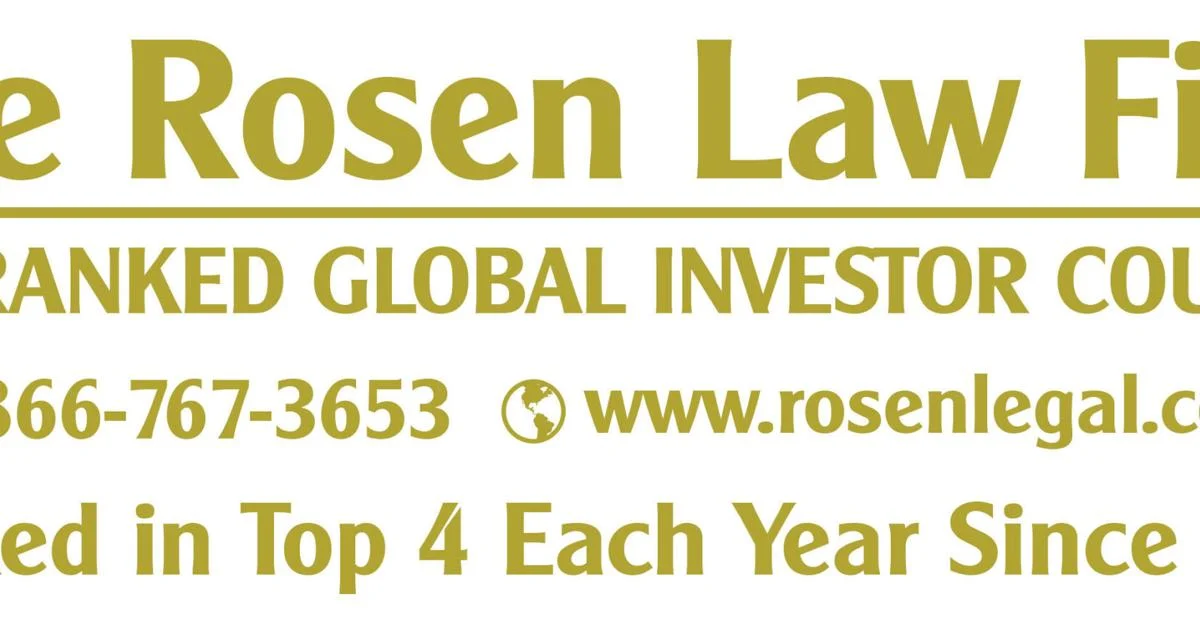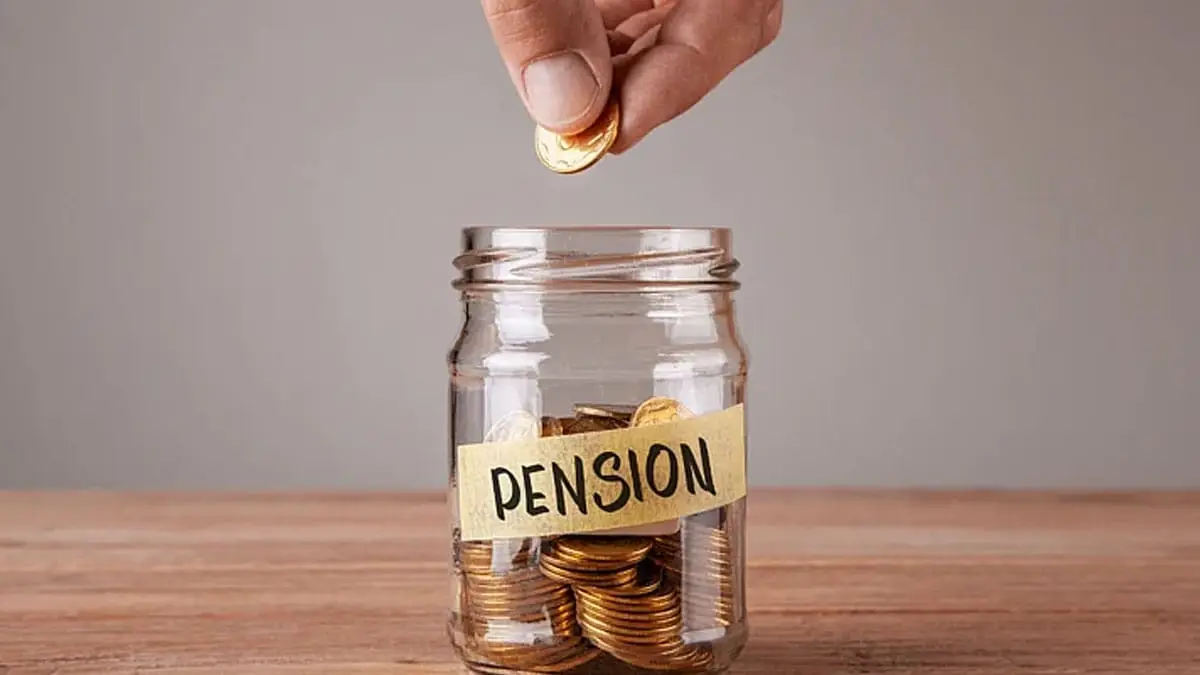Foreign policy, free speech and Epstein: Takeaways from Trump and Starmer’s press conference
By Uk Prime Minister
Copyright sbs

At a warm press conference when the two leaders glossed over differences on Gaza and wind power to present a united front, Trump said Russian President Vladimir Putin had “let him down” and he was disappointed other countries were still buying Russian oil because only a low oil price would punish Russia. After two days of his state visit to Britain, which the US leader described as an “exquisite honour”, Trump was in a relaxed mode at the final press conference while Starmer was focused on avoiding areas of disagreement. Neither leader was tripped up by potentially embarrassing subjects, with both batting away questions over the late sex offender Jeffrey Epstein and his ties to Trump and to Starmer's former ambassador to the US. “We've renewed the special relationship for a new era,” Starmer told reporters. “This partnership today is a signal of our determination to win this race together and to ensure it brings real benefits in jobs, in growth, in lower bills, to put more hard-earned cash in people's pockets at the end of each month,” Starmer said. Trump also paid homage to the close ties between the two countries, saying Starmer was a tough negotiator in securing the first tariff deal with the US, although Britain has still not secured the lower US tariffs on steel that it was seeking. “We're forever joined, and we are forever friends and we will always be friends,” Trump said. Earlier, at the start of a business reception, some of the leading names in US and UK business were welcomed by the two leaders to unveil a record £150 billion ($307 billion) package of US investment into Britain from giants such as Microsoft and Blackstone, part of a wider package officials say will benefit both sides. Starmer said the deals would “light up the special relationship for years to come”. Trump was equally effusive. “The ties between our countries are priceless,” he said. “We've done some things that financially are great for both countries … I think it's an unbreakable bond we have, regardless of what we're doing today. I think it's unbreakable,” Trump said. Starmer has pitched Britain as a destination for US investment, aligning it with the country's financial services, tech, and energy sectors, so it can attract US capital and expand its infrastructure to drive economic growth. Trump was also asked about the decision by US broadcaster ABC to take late-night host Jimmy Kimmel off air indefinitely , after comments he made during his show about reactions by Trump and other Republicans to the assassination of right-wing commentator Charlie Kirk. “Jimmy Kimmel was fired because he had bad ratings more than anything else and he said a horrible thing about a great gentleman known as Charlie Kirk,” Trump said during the press conference. “Jimmy Kimmel is not a talented person. He had very bad ratings, and they should have fired him a long time ago. So, you know, you can call that free speech or not. He was fired for lack of talent.” Starmer avoided a blowup on differing UK and US interpretations of free speech, after Trump said the UK had “laid the foundations of law, liberty, free speech and individual rights” under its empire and “must continue to stand for the values … of the English-speaking world”. It was on foreign affairs where the two were most out of lockstep. Starmer and other European leaders have been pressing Trump to put more pressure on Putin to end the war in Ukraine. Trump, while criticising Putin, failed to mention any further sanctions against Russia. The US leader again expressed frustration that European nations were still buying Russian oil, but said Starmer was not part of their number. Trump also repeated his position that he disagreed with countries recognising Palestinian statehood — something Starmer has said Britain will do if Israel fails to relieve suffering in Gaza and reach a ceasefire in its war with Hamas. “I have a disagreement with the prime minister on that score, one of our few disagreements, actually,” Trump said. But the two leaders sidestepped questions on Epstein, after both were asked about Starmer's decisions to sack Peter Mandelson as ambassador to the US last week after his close ties with the late financier were revealed. Trump's relationship with Epstein has also come under scrutiny. “I don't know him, actually,” Trump said in response to a question about Mandelson. “I think the prime minister would be better speaking over that; it was a choice that he made.” Starmer repeated his position: “Some information came to light last week which wasn't available when he was appointed and I made a decision about it, and that's very clear.” When the final question was answered, a clearly relieved Starmer ushered Trump out of the Great Hall at Chequers — the country residence of UK Prime Ministers — before Trump left to return to Washington. download our app subscribe to our newsletter



